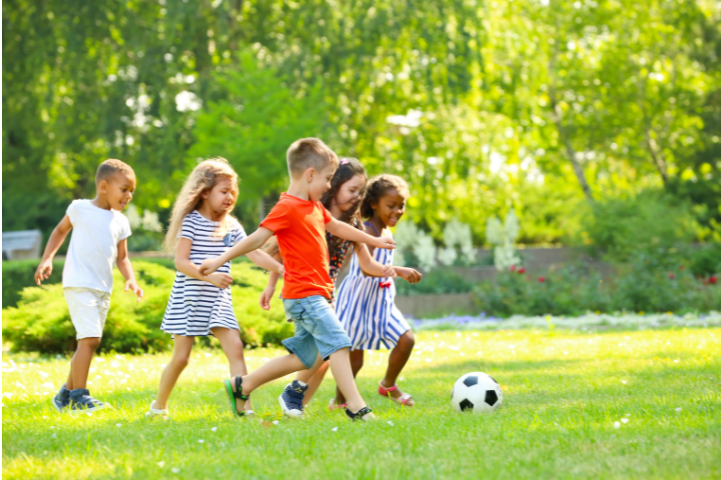by Jan Dennis
A growing body of scientific research confirms that children who acquire strong emotional foundational skills in the early years can better manage everyday social interactions later in life. One way to develop such skills is through Social Emotional Learning (SEL). Research published in Educational Reforms Worldwide states that the primary goal of SEL is to cultivate the following competencies: self-awareness, self-management, social awareness, relationship skills, and responsible decision-making.
The competencies mentioned above are essential for better adaptation to different circumstances and situations. They also facilitate academic success and the development of more prosocial behaviors, and fewer emotional and behavioral problems.
SEL through play
According to the Australian Council for Education Research, play is a crucial avenue for children to develop social and emotional competencies as it is often a child’s dominant activity. Through play, children are able to freely express their emotions, helping them to understand and manage their feelings. It also makes them aware of others’ feelings when they interact with their peers in play scenarios. Other ways that play promotes SEL are via communication, cooperation, conflict resolution, and creativity. Within classrooms, SEL has emerged as an important strategy to increase student engagement, inclusion, and holistic skills development beyond the preschool years, especially during distance learning.
Community Matters founder Rick Phillips has advocated for the implementation of SEL strategies as a way to combat the isolation that students felt when taking classes online. These strategies included using inquiry as a teaching practice, focusing on self-care, teaching mindfulness, encouraging students to pair with a fellow student, and using restorative practices through community-building listening circles. The positive relationships they develop and the caring culture that evolves result in life-long benefits.
The emergence of tech for SEL
While the establishment of SEL is primarily done through human-to-human interaction, there are supplementary tools that can aid in SEL, as well. One example is the AI robot toy Miko. This artificial intelligence-powered robot is specially designed to elevate learning by developing interests in varying topics and skills. The latest iteration of Miko is a voice-activated AI robot capable of initiating and sustaining a conversation with kids. Parents can safeguard kids’ interactions with Miko by setting parameters for discussion that also keep them engaged and interested. As a result, Miko can be a valuable tool to enhance kids’ social skills.
Another tool that utilizes technology to enhance SEL is the game Zoo U. This game was developed by the 3C Institute to cultivate SEL skills by caring for animals and interacting with students and teachers in a virtual environment. By simulating relatable, real-life events, educators can gain insights into how developed a student’s SEL skills are. Additionally, Zoo U is able to adjust the difficulty of each game scenario based on a student’s progress and gives personalized feedback on what areas need improvement as well as suggesting ways to better care for the game’s characters.
Similarly, Ripple Effects is a game aimed at older students that uses 428 interlinking apps to build core SEL skills. This digital program seeks to address behavior problems and underlying struggles like mental health, trauma, and everyday challenges. It also equips educators with tools for providing positive, targeted intervention for students in a variety of learning and corrections settings. Because Ripple Effects has been subjected to rigorous and extensive research, its sophisticated system delivers an optimally tailored experience to each learner.
In an ever-changing world, the development of socio-emotional skills empowers children with the emotional intelligence and social competence needed to thrive in their personal and professional lives. The tools above, when used in conjunction with a strong network of support, can further strengthen the skills needed to succeed academically and socially.
 Returning guest blogger Jan Dennis is a social psychologist with a fascination for family and early childhood. When she’s not working, Jan enjoys urban gardening and spending time with her son.
Returning guest blogger Jan Dennis is a social psychologist with a fascination for family and early childhood. When she’s not working, Jan enjoys urban gardening and spending time with her son.
